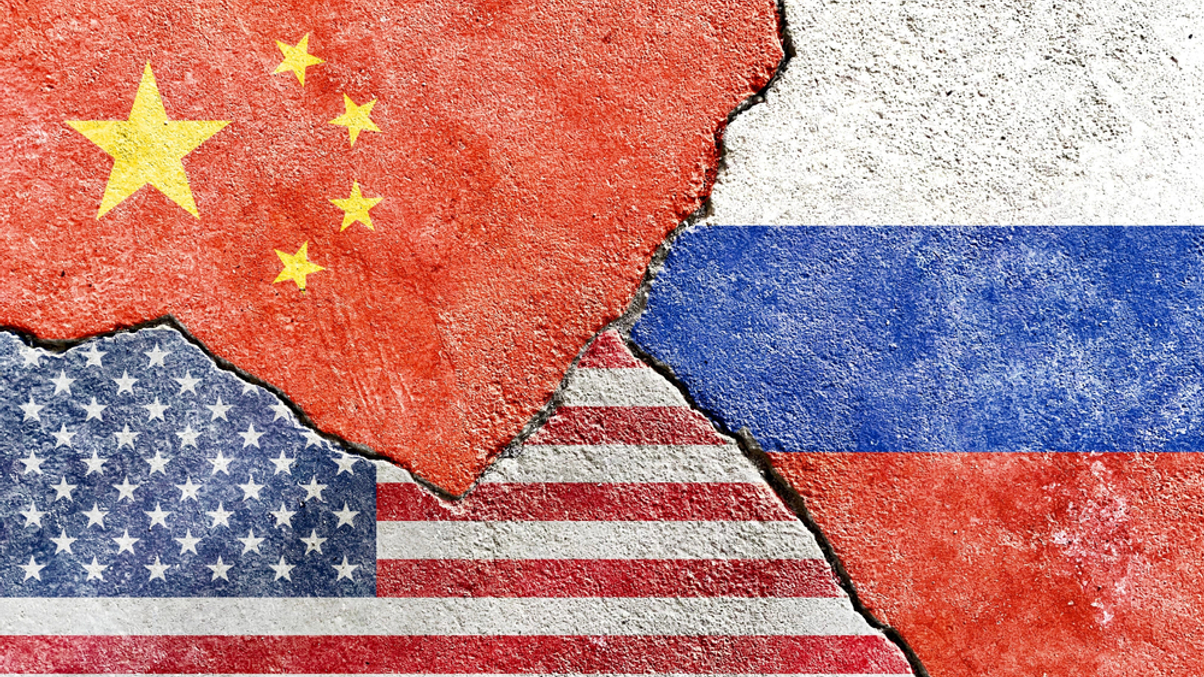Could Russia's SWIFT ban be the best thing that ever happened to the renminbi?
For a China looking to internationalise its currency, the Russian banking crisis could make it a force to reckon with. Here's what the experts had to say.

Renminbi assets could serve as an attractive alternative for investors looking for a risk-off environment in a new normal where Russian banks are excluded from US dollar trading, however they would have to tread this line very carefully, investors and economists told AsianInvestor.
Sign in to read on!
Registered users get 2 free articles in 30 days.
Subscribers have full unlimited access to AsianInvestor
Not signed up? New users get 2 free articles per month, plus a 7-day unlimited free trial.
¬ Haymarket Media Limited. All rights reserved.


